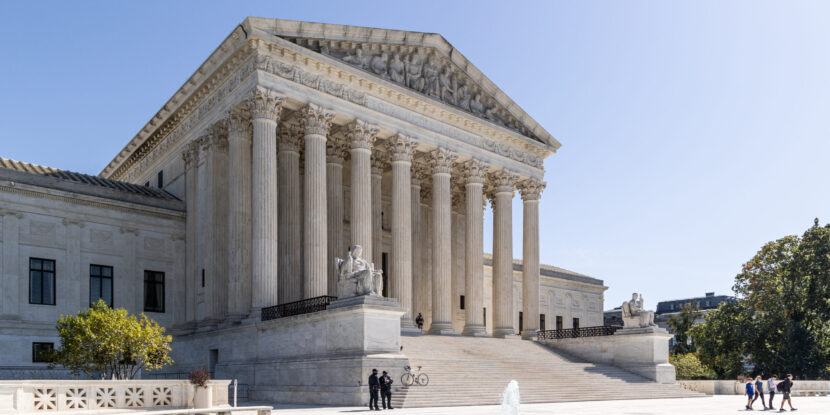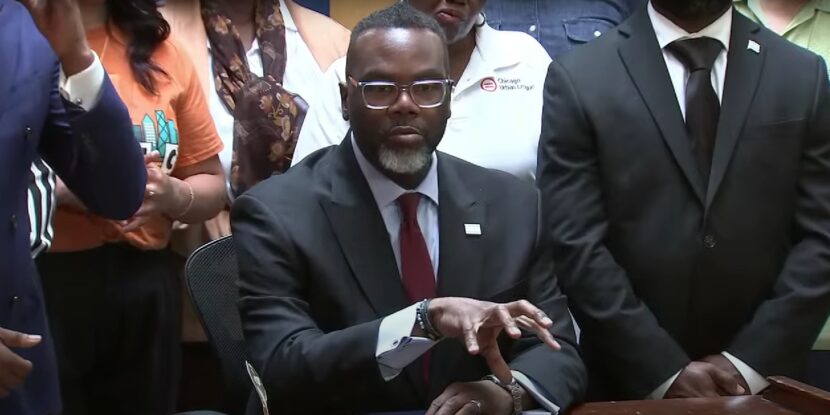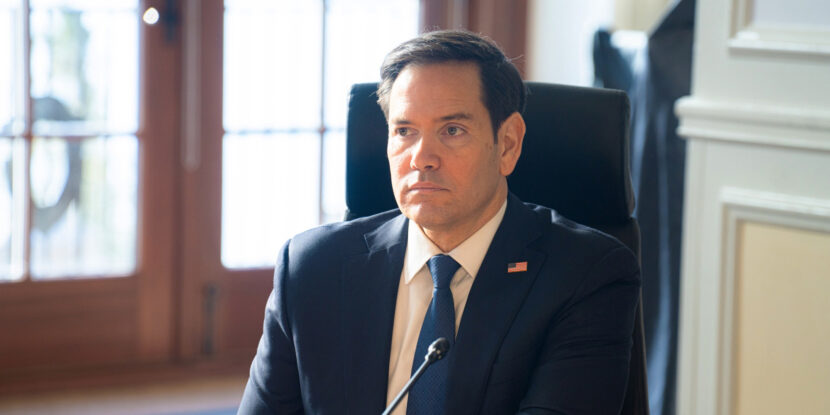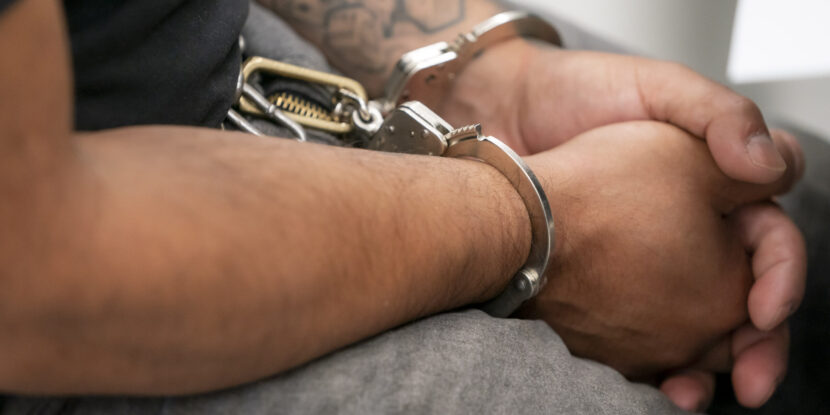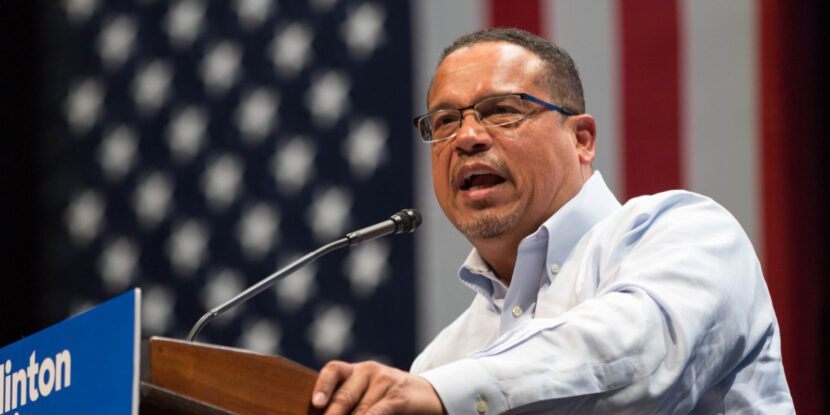PULSE POINTS:
❓What Happened: The U.S. Supreme Court is deliberating if Medicaid recipients can file lawsuits to access specific healthcare providers, focusing on South Carolina’s decision to exclude abortion giant Planned Parenthood from Medicaid funding.
👥 Who’s Involved: The Supreme Court justices, Medicaid beneficiaries, Planned Parenthood, South Carolina government officials, and Julie Edwards, a plaintiff and Medicaid recipient.
📍 Where & When: The case is being heard in Washington, D.C., with arguments presented on Wednesday. The decision is anticipated by the end of the Court’s term in June.
💬 Key Quote: “Congress specifically enacted this provision in response to some States’ efforts to restrict Medicaid patients’ choice of provider,” the plaintiffs stated.
⚠️ Impact: The outcome could impact Medicaid beneficiaries’ choice of healthcare providers and potentially reduce government funding sources for Planned Parenthood.
IN FULL:
The U.S. Supreme Court is set to decide whether Medicaid beneficiaries can legally challenge South Carolina’s exclusion of Planned Parenthood from its state Medicaid program over the vast number of abortions it carries out. This case will test whether states truly have the right to adopt pro-life stances.
South Carolina, led by Republican Governor Henry McMaster, cut Planned Parenthood from receiving Medicaid payments in 2018, though these did not cover abortion services. State officials argue this move complies with federal prohibitions on government funding for abortion services. They claim that allocating Medicaid funds to Planned Parenthood amounts to indirectly subsidizing abortions.
Julie Edwards, a Medicaid recipient, initiated legal action against South Carolina. She claimed that disallowing Planned Parenthood from the Medicaid program infringes on the Medicaid Act. “Congress specifically enacted this provision in response to some States’ efforts to restrict Medicaid patients’ choice of provider,” the plaintiffs said.
Typically, Planned Parenthood receives a significant portion of its funding through government grants, contracts, and Medicaid reimbursements. State representatives argue that Medicaid recipients have alternative healthcare options.
Should the court rule in favor of Edwards and Planned Parenthood, the lawsuit against the state’s funding exclusion would proceed. Conversely, a decision in favor of South Carolina could strengthen similar exclusion efforts in other states. The judgment is expected to be delivered by the end of the Supreme Court’s term in June.
While Planned Parenthood claims it does more than abort babies, the organization has been accused of heinous actions in the past involving abortions. Last year, the Missouri Attorney General sued the group for trafficking minors for abortions without their parents’s consent. In another case, documents claimed that the University of California-San Diego was even buying the body parts of aborted babies from the group.
